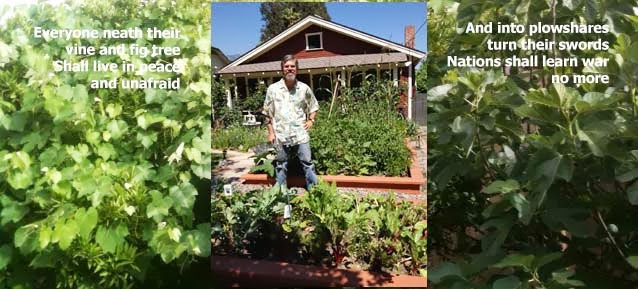I wonder if this dream had anything to do with something I wrote last week about my "Inner Trump." I realized that one reason I react so strongly against the Donald is that I have within me some of the same Trump characteristics that infuriate me.
Many years ago, when I was in grad school, some of my
friends introduced me to a game called “World Domination.” At that time, I was
very competitive—I felt I had to be, given the cut-throat competition of
graduate school—and this game “spoke to my condition.” Each player was given a
country, plus some military and other resources, and had to conquer as many
countries as possible until he or she achieved world dominance. To be dominant,
you had to form alliances, but these alliances could be broken whenever the
player saw it was to his or her advantage.
I had enjoyed playing monopoly as a child, so I adopted a
strategy of “Anthony First.” I made and broke alliances with ruthless
self-regard. Soon other plays realized that I couldn’t be trusted and wouldn’t make
any alliances with me. I found myself isolated and ended up being the
first to be utterly dominated.
I learned an important lesson playing this game. To be
successful even in a cut-throat world, you need allies and you need to stick
with your allies as long as possible. If your fellow players see you as utterly
untrustworthy, you end up becoming a loser.
I also learned that I have a very competitive streak, and it
doesn’t always serve me well. Over the years I have come to appreciate the importance and the power of
cooperation.
This is a lesson that Trump hasn’t learned. Seven months
into his Presidency, he has alienated all of America’s traditional allies,
except Israel and Saudi Arabia, who find him useful as an arms supplier. He has
tried to cozy up to Russia, but Putin has so far been able to play Trump like a
puppet. Unlike Reagan, who negotiated with Gorbachev from a position of
strength, Trump has hopelessly compromised himself by allowing his underlings
to collude with the Russians during his election campaign—a fact he refuses to
acknowledge, even though it is apparent to most thinking people. Trump has
little or no appreciation for the enormous effort that previous Presidents,
both Republican and Democratic, have expended to build alliances that serve
American interests. He has slashed the budget of the state department so he can
build up a military that will bully the world into submission. This is a recipe
for failure.
It is easy to see the splinter in Trump's eye, but I can’t forget that I have an “inner Trump” that sometimes blinds me. As a white male, I sometimes take my privileged
status for granted. I have a strong personality and it is easy for me to dominate if I am not self-aware and check myself to make sure that others have a chance to speak and to shine.
But perhaps the most important lesson of the dream is that somehow we must learn how to get along with Trump while he is in office. It would be tragic if we fell into the trap of becoming like Trump in order to defeat him. To defeat Trumpism effectively, we must demonstrate a better way by showing that civility and cooperation actually work. The Women's March that took place right after the Inauguration demonstrated how masses of people can come together and make a huge impact nonviolently. We need more such demonstrations. We also need to work tirelessly to change the hearts and minds of our elected officials by staying in touch with them and letting them know how we feel and what we expect from them. We also need to change the hearts and minds of those who have drunk the Trump Kool Aid. This means befriending those we disagree with. That won't be easy, but it's what Jesus meant when he told us, "Love your enemy." That's the only way to overcome the domination game.











